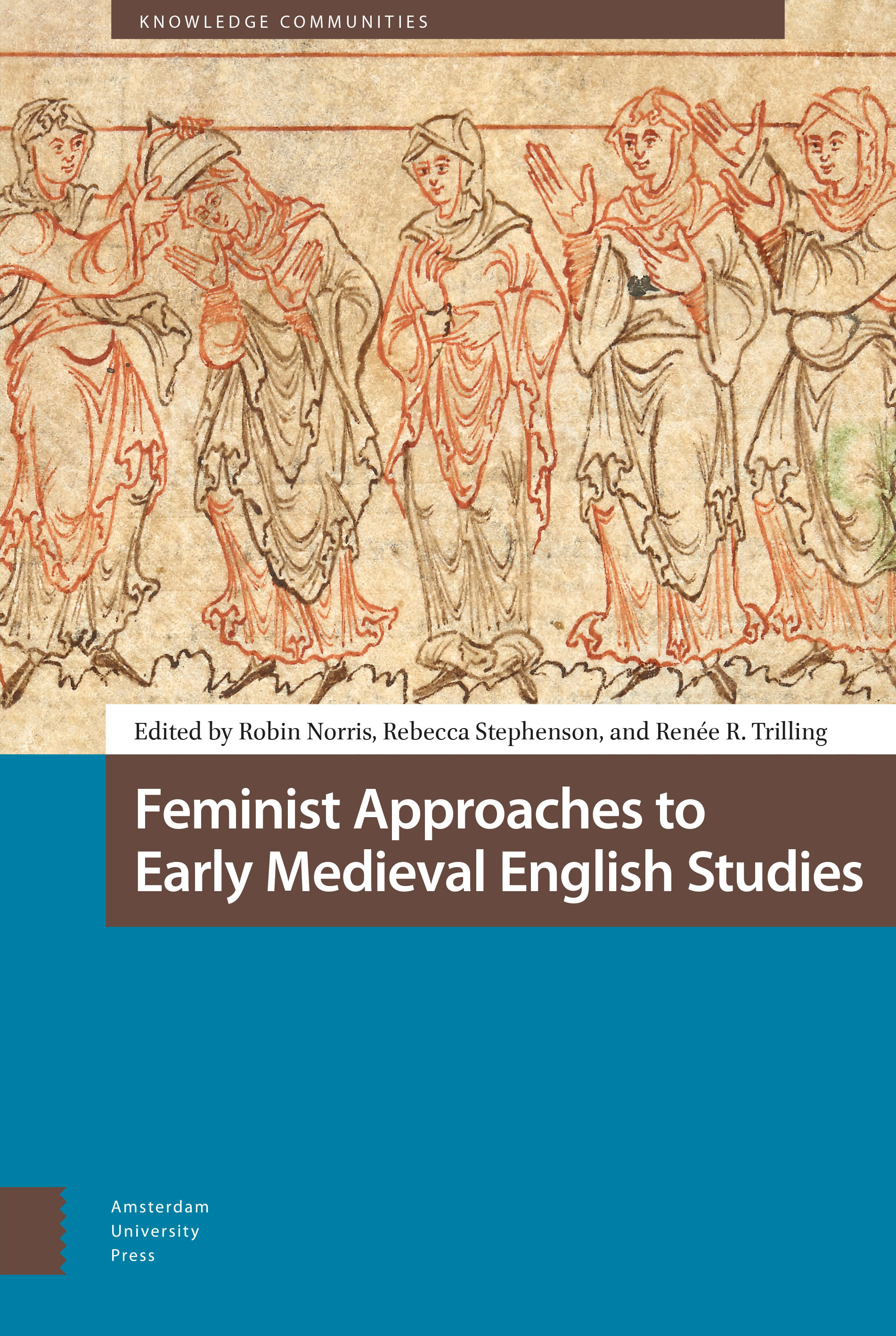6 - The Ornament of Virginity: Aldhelm’s Deuirginitate and the Virtuous Women of the Early EnglishChurch
Published online by Cambridge University Press: 19 April 2023
Summary
Abstract
Though the female addressees of Aldhelm’s late seventh-centuryOpus de uirginitate are known to us only by name,the contents of this sprawling twin work of prose and verse suggest thathe composed it with an awareness of these women’s prior readingand knowledge. Aldhelm’s startling characterization of virginityas an ornament acquired through labor thus likely reflects a sharedcultural conception of ornament as something not frivolous ordispensable, but constitutive of the value of an artwork. Such a view ofornament may in turn explain a major divergence between the proseDe uirginitate and its somewhat later versecompanion, in which a psychomachia with Virginity as martial heroine hasbeen substituted for a polemic against women’s elaborateattire.
Keywords: Virginity; reading; Aldhelm; ornament; theology;aesthetics
Premodern women are most often known to us, not through their own words, butas the subjects or addressees of works written by men. Even when therecipients of such texts were demonstrably real people, the works themselvesdo not always provide much insight into those women’s views: often,as many scholars have shown, female patrons or dedicatees were primarilyideal abstractions or intellectual stalking-horses for the texts’male authors. Yet this does not mean that texts written by men for women arenecessarily useless for understanding women’s intellectual lives. Insome instances, such works demonstrate that their male authors did knowabout, and were responding to, the particular interests of their patrons oraddressees. And, more broadly and commonly, the form and intellectualpresuppositions of such texts reveal structures of thought and culturalvalues shared across a society. It is not altogether quixotic, then, toargue that Aldhelm’s De uirginitate—asprawling, elaborate opus geminatum that represents thefirst great work of Anglo-Latin literature—contains, among much else,recoverable traces of the thought of its female addressees.
The chronologically prior prose section opens with an extended address tothese women by name, and attributes the impetus for the work itself to theprompting of their letters. In the course of the text, Aldhelm refersrepeatedly to the women’s reading in specific terms, notingparticular books he knows them to have read as well as praising theirknowledge in general.
- Type
- Chapter
- Information
- Feminist Approaches to Early Medieval English Studies , pp. 171 - 196Publisher: Amsterdam University PressPrint publication year: 2023



